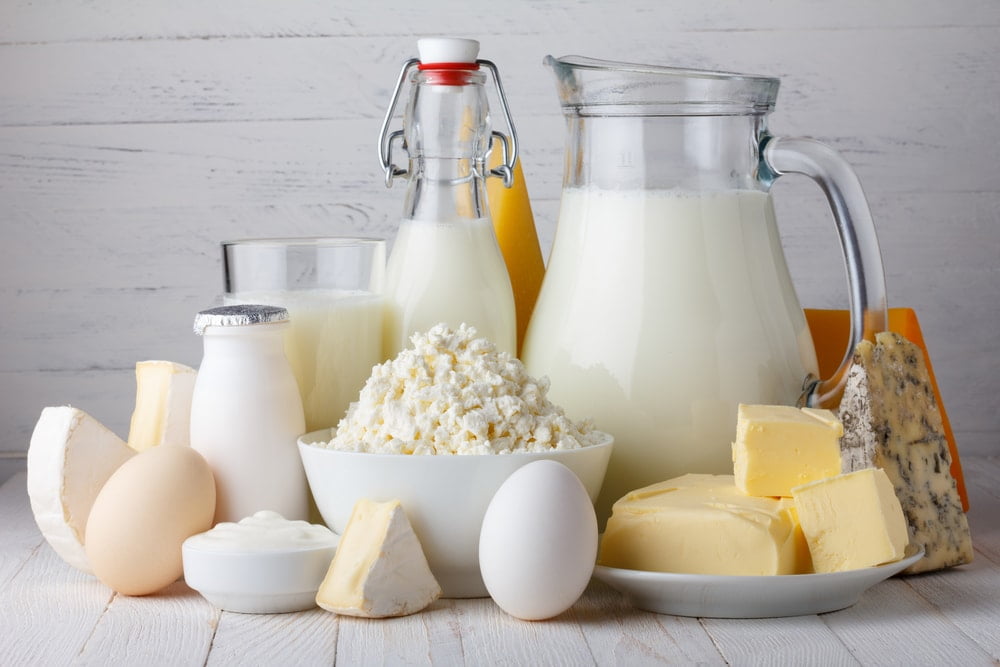L-Carnitine- What is it?

It was the long Independence Day weekend, I was relaxing in a retreat near Pune with a few of my close friends and family. It felt good to be out of the grind and have some leisure time for myself and my family. Breathing in the fresh air, I could feel the dew on the grass, the freshly bloomed flowers, the slightly wet soil, and the chirping of the birds around. If only we could have this environment around us always. Would we then, need so many medicines and supplements? Would we be happier and less sick all the time? Would our hearts be stronger and beat with vigor warding off the ills of unhealthy lifestyles? Maybe, or maybe not.
L-Carnitine- the Amino Acid

I turned to my friend, Dr. Gupta, a cardiologist, relaxing in the chair next to me. He could not resist asking me questions, just like old times, in such a pristine setting. And so he asked me, “What do you think about Carnitine? Remember, the amino acid (liver and kidneys make L-carnitine from Lysine and Methionine) supplement which is stored in the liver, brain, skeletal muscles, and heart. In men, it is stored in sperm too. ”.
L-Carnitine – Types of Supplements available

I remembered, the famous quote, “Lots of supplements are floating around these days, some good, some bad and some useless, let’s decide which to use more, and which to use less”. L-carnitine, Acetyl-L-carnitine (ALCAR), L-carnitine L-Tartrate(LCLT) and Propionyl-L-Carnitine (usually bound to Glycine and called GPLC) were all common forms of carnitine supplements. ALCAR is used for cognitive enhancement, LCLT is typically used for physical performance and power output, GPLC is used to alleviate intermittent claudication and blood flow issues. But why was Dr. Gupta suddenly talking about carnitine, I asked him.
Dr. Gupta gave his usual relaxed, laid back smile, and said, “Because, firstly, people believe that it helps in burning fats.”
L-Carnitine- Does it help in burning fats?

I recalled research, which stated that since carnitine enhances the activity of mitochondria (the powerhouse of our body), it helps in burning more calories. Theoretically, this logic stands true. But no valid researches have been conducted yet, to conclude. Though, it does act as a brain booster due to its ability to increase alertness and mitochondrial activity while supporting the neurons. But its efficacy as a metabolic booster is still under question. It has been marketed as Vitamin B7 lately, a misnomer, as it is not a vitamin.
L-Carnitine- Its effect on heart

Dr. Gupta went on, “it improves muscular activity, especially in cardiac cases”. I agreed, it improves the health of blood vessels especially for people with weakened cardiac function. It reduces the intracellular accumulation of toxic metabolites during ischemia and is thus used in dilated cardiomyopathy, arrhythmias, peripheral vascular disease, and acute ischemia. It does protect the nerves, and so alleviates the side effects of aging to some extent. Though, there seems to be no additional benefit of taking carnitine supplementation for improving athletic performance.
L-Carnitine- Should we use in Hypertension?

Dr. Gupta went into his examiner mode, and said, “ So, you would advise it to any hypertensive patient to improve the health of blood vessels?”. I thought about the question and answered, “ Carnitine is produced within the body, so until and unless someone has a deficiency, there is no need to supplement it. Moreover, it has its own set of side-effects, ranging from increased blood pressure, fever, and in rare instances, seizures. Along with that, it interacts with several other medications as well, like, Acenucoumarol and Warfarin (blood thinners). On the other side, it does improve blood vessel health and is surely a good supplement in people who have had a heart attack, while taking into consideration other factors.
L-Carnitine- Its effect on Diabetes

What is your take on the effect of carnitine on Diabetes? asked Dr. Gupta. I replied with utmost surety,” Carnitine improves insulin sensitivity and results in more uptake of glucose by insulin thus helping in stabilizing the sugar levels in the body. It also works well in people who have had diabetic neuropathy (damage to the nerves due to diabetes) and protects the nerves and neurons.
L-Carnitine- Its Dietary Sources

So, coming to the prescription of carnitine, it is well suited to people who have hypertension, have had a heart attack and are diabetic. But it should be given with caution to avoid any side-effects and drug interactions. Moreover, dairy products and meat are rich in carnitine, which is a natural form and has better absorption. The best sources of carnitine are Beef, whole milk, Chicken breast, Avocado, Codfish, cheddar cheese, and to in lower amounts in cooked rice, banana, eggs, beans, corn and orange juice.
Dr. Gupta summarized, based on our discussion and his own knowledge and experience, that
- Carnitine is not essential to the body until there is a deficiency. It has also been wrongly marketed as Vitamin B7.
- It is a type of protein that is available to us through foods like dairy products and meat.
- Very few people have carnitine deficiency, and they may need supplementation.
- It helps in using fats from the body, works like a brain booster but is not exceptionally effective in achieving weight loss.
- Carnitine is helpful when a patient is on dialysis
- It helps in strengthening the blood vessels but should be used with caution.
- Carnitine helps in diabetes by improving the insulin sensitivity
- It strengthens the blood vessels after a heart attack.
- It also possibly improves male fertility.







